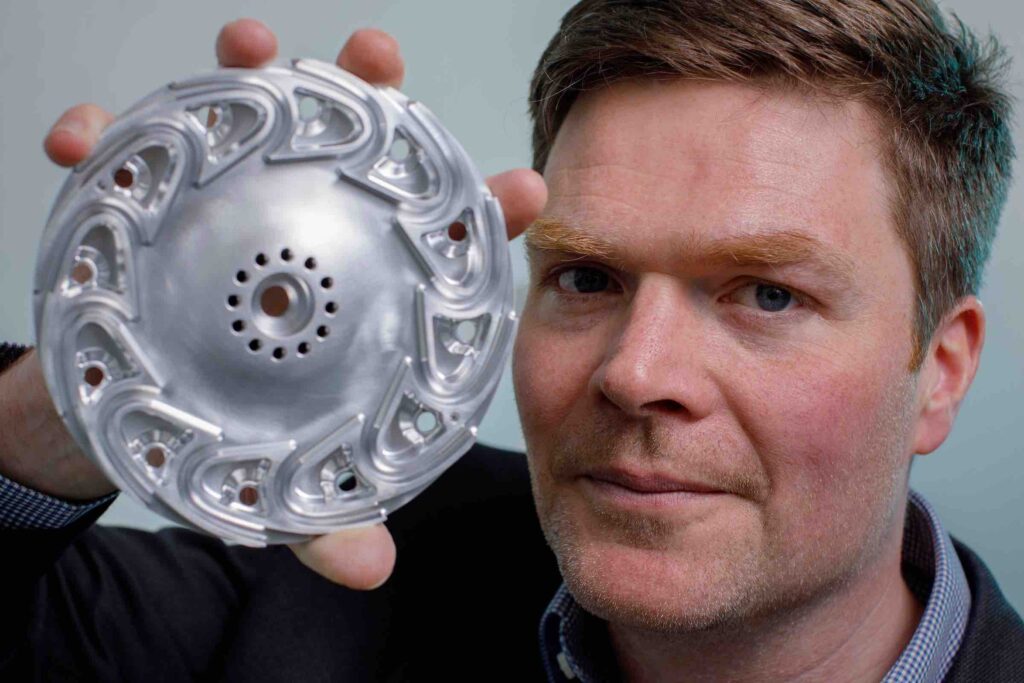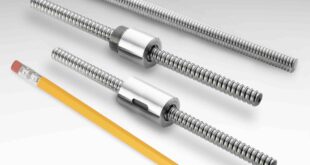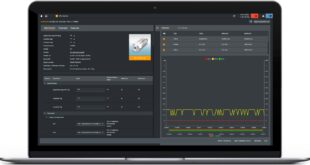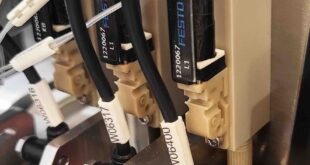Factories of the future may be able to slash their fuel use by adopting a new technology that paves the way to zero-carbon industrial heat processes.
Start-up Futraheat has developed a ground-breaking high-temperature heat pump – known as Greensteam – which can help industrial users recycle heat and radically reduce fuel use – delivering energy reductions of up to 90%.
They have partnered with manufacturing integration specialists Projective to secure £149,000 Phase 1 funding from the BEIS Industrial Fuel Switching competition to investigate the feasibility of their product with leading food and pharma businesses.
The project will identify potential partners for a potential £1.5 million Phase 2 where, with BEIS support, Futraheat and Projective will deliver two commercial scale 500kW Greensteam heat pumps for use in an industrial process, with two customers to be confirmed from Phase 1.

It is hoped that Futraheat and Projective will secure in-kind support for Phase 2, which could commence early next year, from one manufacturer in the food and drink sector and one from the pharmaceutical industry.
Futraheat’s modular, Greensteam heat pump uses a new type of patented turbo compressor, known as TurboClaw, which cost-effectively recovers low-grade waste heat – a by-product of many industrial processes – and boost it up to 150˚C, where it can be successfully reused onsite.
Futraheat Managing Director Tom Taylor says: “Up to 70% of all industrial energy demand is for heat in sectors including pharmaceutical and food manufacturing.
“This heat is commonly provided as low-pressure steam, and in many cases it is used once and then released to the atmosphere as a waste stream.
“Our ground-breaking Greensteam heat pump can recover much of this lost heat – as low as 70˚C – and boost it cost-effectively it to the high temperatures that industrial customers require. This can deliver CO2 reductions of around 80-90%, rising to 100% if electricity from renewables is used. Even with a switch to electrical power, users can expect fuel cost savings of between 25 and 40%.
“Our high-temperature heat pumps will pay for themselves in two to three years and are a ‘no regrets’ technology which will remain relevant whatever future energy source is used,” Taylor says.
Energy and Climate Change Minister Greg Hands said: “As we accelerate the UK’s energy independence by boosting clean, home-grown, affordable energy, it’s crucial that our industries reduce their reliance on fossil fuels.
“This investment will help them to not only cut emissions, but also save money on energy bills, on top of supporting jobs by encouraging green innovation across in the UK.”
Already the Surbiton, UK, firm has developed a 300kW prototype and is identifying industrial customers for their beachhead 500kW commercial Greensteam high-temperature heat pump.
According to the UK Government, industry accounted for 16% of UK greenhouse gas emissions in 2018, making it the third-largest emitting sector – therefore meeting the Net Zero target requires a near-complete decarbonisation of UK industry. The Committee on Climate Change (CCC) estimated that decarbonising industry will take c. £8 billion public and private investment a year.
The BEIS Industrial Fuel Switching competition aims to address this by providing innovation funding, as part of the £1 billion Net Zero Innovation Portfolio, to develop fuel switching and fuel switch enabling solutions for industry, while building the UK’s decarbonisation skills and supply chain.
The competition supports the recently published Industrial Decarbonisation Strategy (March 2021), which identified that government investment is required to advance the development of low carbon technologies to address the barrier around uncertainties associated with novel technologies for the private sector.
 Engineer News Network The ultimate online news and information resource for today’s engineer
Engineer News Network The ultimate online news and information resource for today’s engineer



